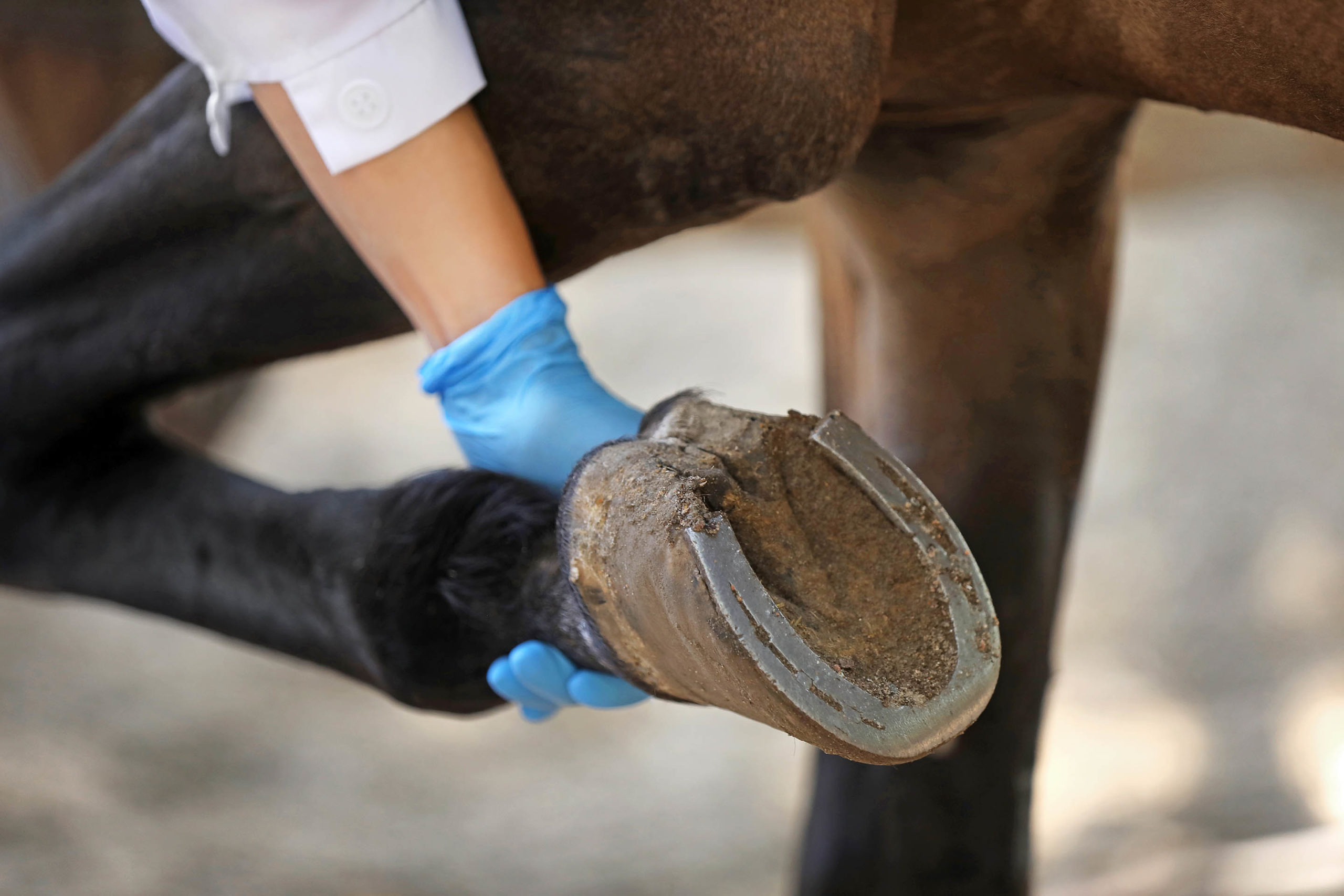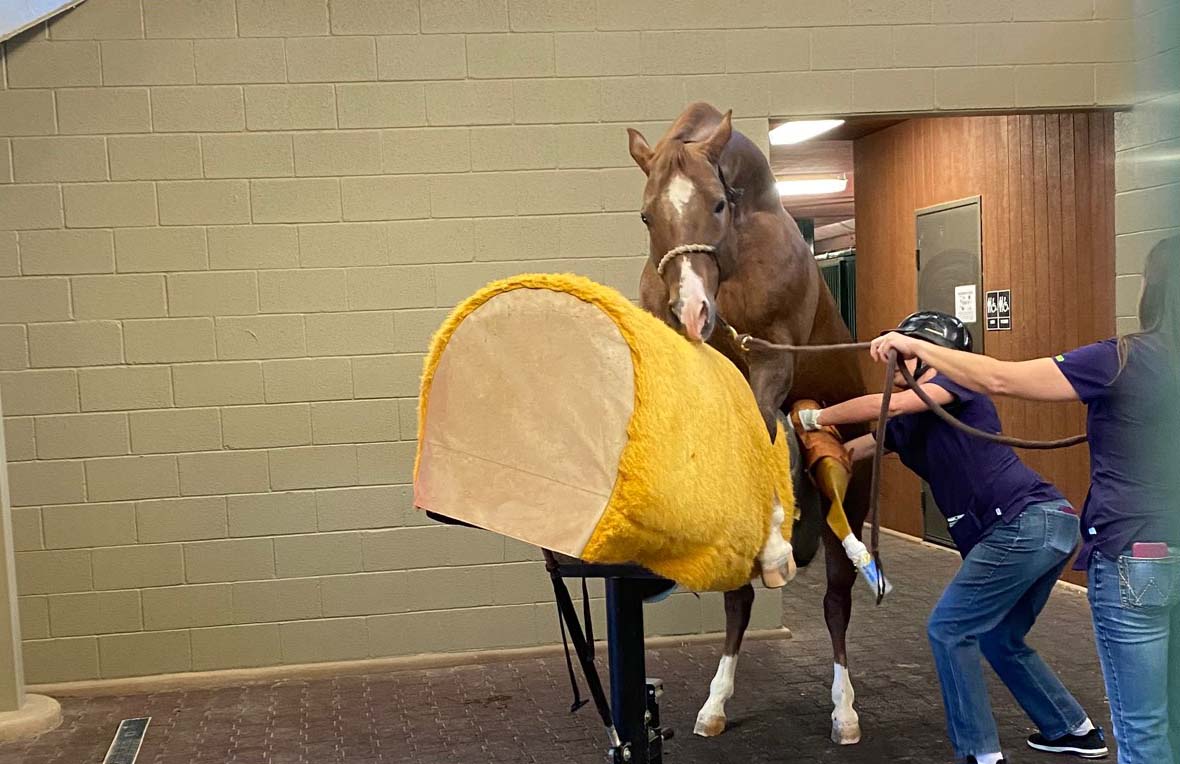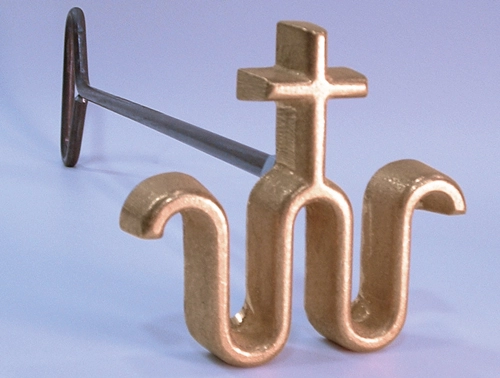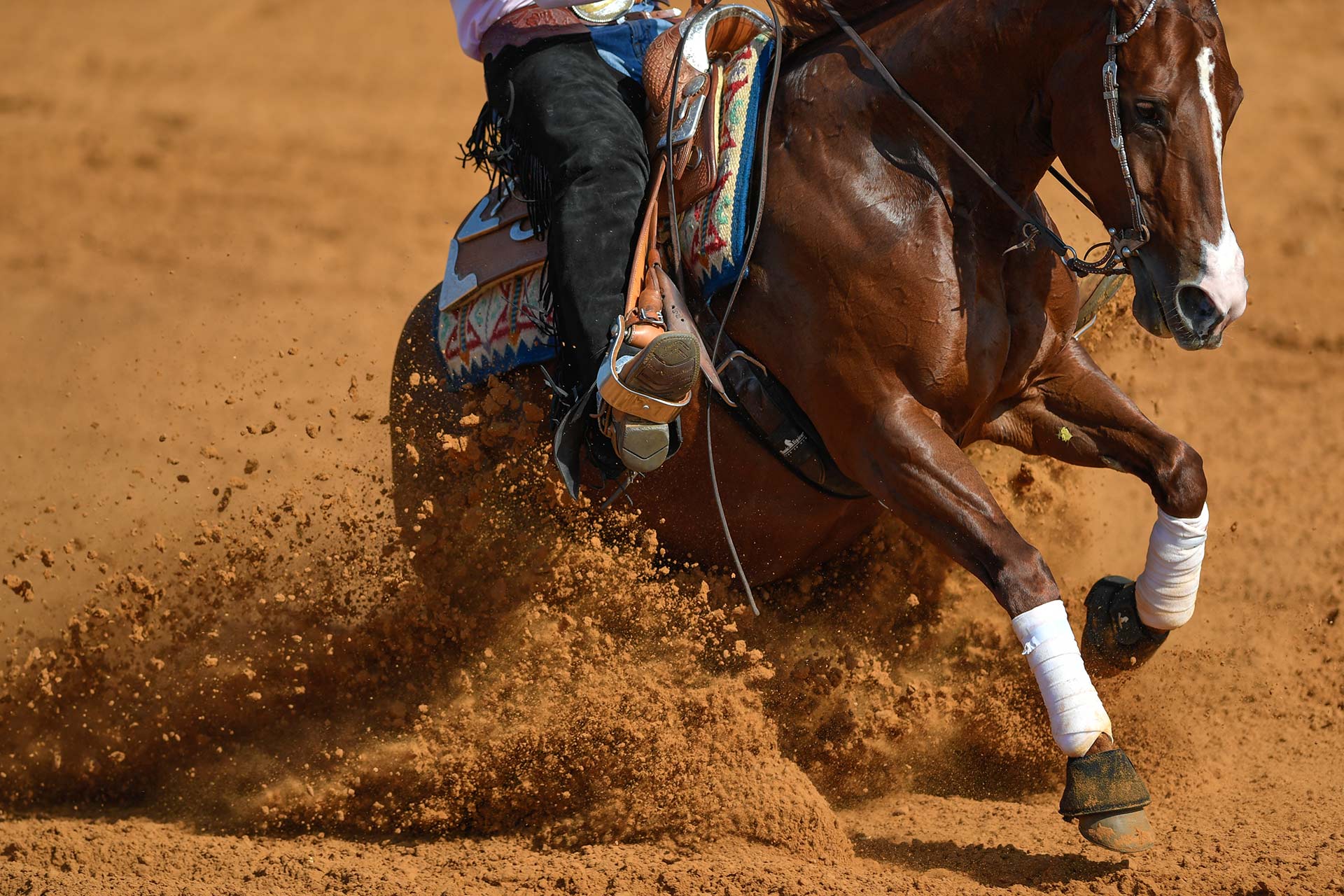Have your horse “vetted out.”
Your veterinarian should be contacted and requested to perform a pre-purchase examination of any horse you might consider purchasing. A pre-purchase examination is entirely different from a veterinary examination pertaining to normal vaccinations, deworming, or any other sort of veterinary procedure. Generally, horses are sold with no warranties, with some limits, and if the buyer elects not to have the horse “vetted out,” the buyer in most cases purchases the horse — AS IS. That is, what you see is what you get.
Realize your limitations
Even if you buy a well-trained horse that has won numerous championships, there is no guarantee that you or your child will be able to reach the level of performance achieved by other riders with the same horse. That is not to say that you will not achieve success, but horses are not much different from people in that various personalities get along better than others. You should assume that your horse will respond differently to you than its previous owner, and we all hope the productivity established by such relationship is greater than that of the previous owner.
Ask questions
Most people hate to admit that there is something they do not know. Consequently, many people do not want to ask questions that would, in their opinion, make them appear ignorant or less than expert. The horse industry is very complex and operates under its own rules and traditions, independent of what one may perceive as normal in other areas of sales. If you do not know something, ask questions . . . we are more than happy to assist you in any manner possible and it is important to us to know that you know what you are getting. We will do everything possible to help you make a reasonable and rational decision regarding any purchase. The ultimate decision must rest with the buyer and it is our objective to assist any prospective buyer in formulating and analyzing whatever issues the buyer may deem appropriate.
What you see is what you see is what you get!
Horses change hands from time to time and it is somewhat different than buying a car. A horse may be injured and suffer permanent damage, or it may be abused from owner to owner causing certain behavioral traits which were apparent at one time and may not be apparent at others. Realize that each horse-related transaction is different from the others, and each transaction must be evaluated on its own merits.








